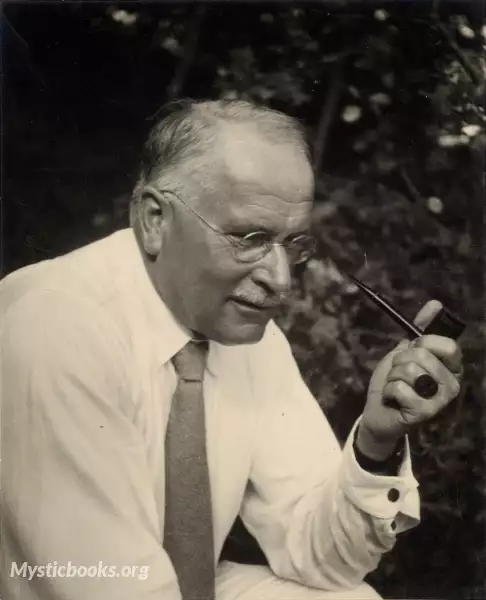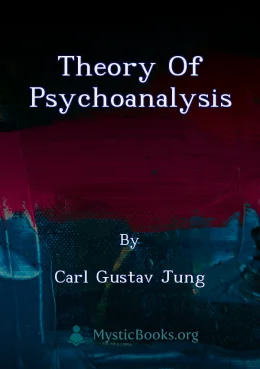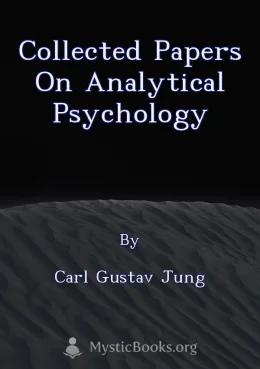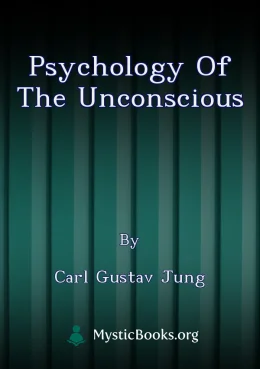
Timeline
Title
Country/Nationality
Carl Gustav Jung
Carl Gustav Jung was a Swiss psychiatrist and psychoanalyst who founded analytical psychology. Jung's work has been influential in the fields of psychiatry, anthropology, archaeology, literature, philosophy, psychology, and religious studies. Jung worked as a research scientist at the Burghölzli psychiatric hospital, in Zurich, under Eugen Bleuler. During this time, he came to the attention of Sigmund Freud, the founder of psychoanalysis. The two men conducted a lengthy correspondence and collaborated, for a while, on a joint vision of human psychology.
Carl Gustav Jung was born 26 July 1875 in Kesswil, in the Swiss canton of Thurgau, the first surviving son of Paul Achilles Jung (1842–1896) and Emilie Preiswerk (1848–1923). His birth was preceded by two stillbirths and the birth of a son named Paul, born in 1873, who survived only a few days.
Paul Jung, Carl's father, was the youngest son of noted German-Swiss professor of medicine at Basel, Karl Gustav Jung (1794–1864). Paul's hopes of achieving a fortune never materialised, and he did not progress beyond the status of an impoverished rural pastor in the Swiss Reformed Church. Emilie Preiswerk, Carl's mother, had also grown up in a large family, whose Swiss roots went back five centuries. Emilie was the youngest child of a distinguished Basel churchman and academic, Samuel Preiswerk (1799–1871), and his second wife. Samuel Preiswerk was an Antistes, the title given to the head of the Reformed clergy in the city, as well as a Hebraist, author, and editor, who taught Paul Jung as his professor of Hebrew at Basel University.
Jung became a full professor of medical psychology at the University of Basel in 1943 but resigned after a heart attack the next year to lead a more private life. In 1945, he began corresponding with an English Roman Catholic priest, Father Victor White, who became a close friend of Jung, regularly visiting the Jungs at the Bollingen estate. Jung became ill again in 1952.
Jung continued to publish books until the end of his life, including Flying Saucers: A Modern Myth of Things Seen in the Skies (1959), which analyzed the archetypal meaning and possible psychological significance of the reported observations of UFOs.
In 1961, Jung wrote his last work, a contribution to Man and His Symbols entitled "Approaching the Unconscious" (published posthumously in 1964). Jung died on 6 June 1961 at Küsnacht after a short illness. He had been beset by circulatory diseases.
Books by Carl Gustav Jung

Psychological Types: Or, the Psychology of Individuation
Psychological Types is a book by Carl Jung that was originally published in German by Rascher Verlag in 1921, and translated into English in 1923, becoming volume 6 of The Collected Works of C. G. Jung. In the book, Jung proposes four main functions...

Theory of Psychoanalysis
Carl Jung's "Theory of Psychoanalysis" presents his groundbreaking theoretical work in the field of psychology. Expanding upon the Freudian framework, Jung delves into the intricate workings of the unconscious mind, exploring concepts such as archet...

Collected Papers on Analytical Psychology
This collection of essays by Carl Jung, the founder of analytical psychology, provides a foundational understanding of his key concepts. Covering topics like the unconscious, psychological types, dreams, and archetypes, the book presents Jung's early...

Psychology of the Unconscious
Jung's seminal work on the psychology of the unconscious explores the transformations and symbolisms of the libido, delving into the history of the evolution of thought. It examines the nature of the unconscious mind and its influence on human behavi...

Studies in Word-Association
This book is a compilation of papers on word association research conducted by Carl Jung and his associates. The studies explore the relationship between word associations and psychological processes, both in normal and abnormal individuals. Jung's w...